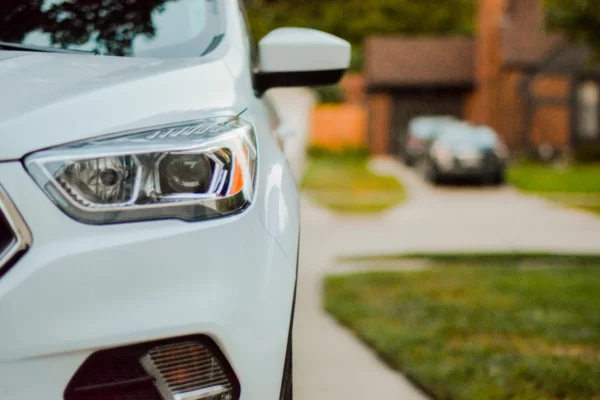
Our Top Tips to get the Best Car Insurance Deals

At comparison site mustard.co.uk, cheap car insurance is just a few clicks away. But apart from shopping around, what else can you do to drive down the cost of car cover?
Here are ten tips that can help you get the right auto insurance policy you want at a price you can afford.
1. Pay for your policy annually
Paying upfront is likely to mean parting with a hefty sum of money but it’s cheaper in the long run. Monthly instalments might be convenient but they’ll include interest fees which will increase what you pay overall.
If your budget is particularly tight, consider paying for your auto insurance policy using an interest free credit card. This will give you a bit of breathing room and means you can avoid interest. However, remember to keep up with your credit card repayments, because if you don’t, you’ll incur late fees and it could affect your credit score.
2. Consider all policy types
The minimum level of auto insurance coverage you can have by law is third party only. In the past, this often meant it was the cheapest type of policy available but this isn’t necessarily the case nowadays. This is because premiums now reflect the fact that car accident claims are often higher amongst third party policyholders, compared to those with comprehensive cover.
That’s not to say third party policies are more expensive for everyone. Insurance premiums are adjusted to suit your needs and circumstances, and for some drivers third party cover can work out cheaper. The point is, don’t assume lower levels of cover will be the cheapest — always compare.
3. Only buy what you need
Some policies include features that you may already have. For example, bank accounts sometimes offer breakdown and recovery services as part of the package.
While doubling up on services you already have is a waste of money, so too is buying features that are simply ‘nice to have’, a good example of this is European cover. So, although it might appeal to your dream of driving through Europe, ask yourself whether it’s something that’s realistically likely to happen.
4. Avoid car modifications
Cars that have been modified for cosmetic or performance reasons cost more to insure. This is because adaptations make your car unique, which in turn means it’ll cost more to repair or replace it if it’s involved in an accident.
5. Add a named driver
Adding a named driver to your policy can help lower your premium. Especially if you’re under 25 and add an older or more experienced driver.
This is because having more than one driver essentially means you’re behind the wheel less and as a result, are less likely to have an accident and make a claim.
6. Consider telematics car insurance
Telematics insurance adjusts premiums according to the way you drive. If you drive consistently well, you could see your premiums fall a lot faster compared to simply building up your no claims bonus over a number of years.
Choosing this type of policy means a telematics device will be fitted to your car. The device will monitor aspects of your driving, for instance, the way you brake, corner and accelerate. It’s an option worth considering if you face particularly high premiums, for example, if you’re a young driver or have any driving convictions.
7. Invest in car security
The harder your car is to steal, the more you can shave off your premium. From an insurance point of view, keeping your car in a locked garage overnight is the ideal scenario.
If you don’t have a garage or a private driveway, consider enhancing your car’s security. You can do this by investing in a system approved by security experts Thatcham, or by buying a device like an immobiliser which acts as a deterrent.
8. Be accurate with your mileage
If you’re constantly on the road, you’re more likely to be involved in an accident. With this in mind, overestimating your annual mileage can mean you end up paying a higher premium.
Rather than rounding up your mileage, try to be accurate and think about the journeys you actually make. Chances are, you drive fewer miles than you think.
Figures show that since 2010, the average annual mileage has generally fallen year on year with most drivers covering around 7,000 miles each year.
9. Tweak your job title
Some job titles attract higher premiums. Check what the different options are for describing your role and see how they affect what you pay; for example, ‘receptionist’ vs. ‘medical receptionist’ or ‘writer’ vs ‘journalist’.
It goes without saying that the job title you choose should be an accurate description of what you do. If it isn’t, you risk invalidating your policy which means your insurer can refuse to pay out if you make a claim.
10. Never auto renew
Just because you got a great deal on your car cover last year, sticking with your insurer isn’t a guarantee you’re going to get the best deal this year.
Car insurance is a hugely competitive market so always compare quotes before your current policy is due to expire. To start your search for cheap car insurance head over to mustard.co.uk.














































